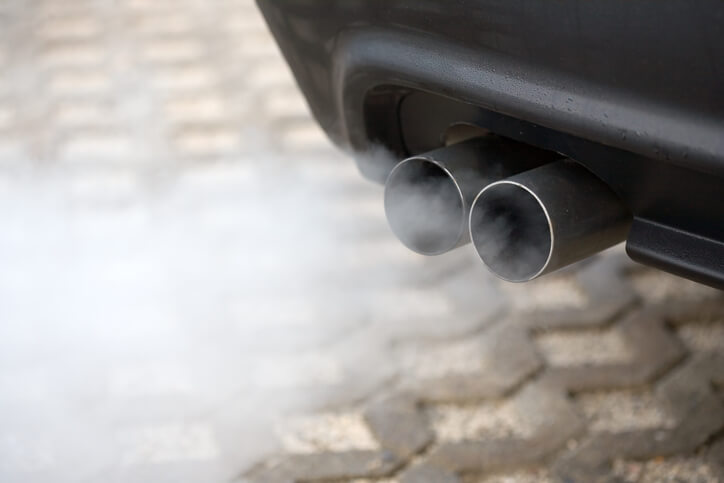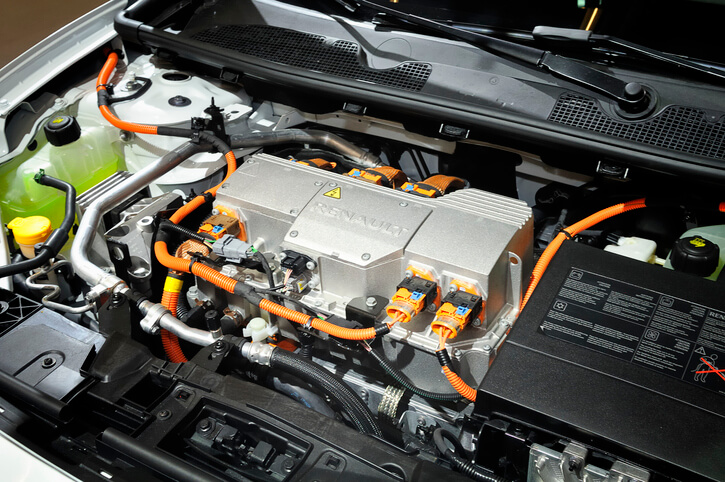In Auto Parts Training? 3 Parts You Won’t Find on an Electric Car’s Maintenance List
For the most part, most electric vehicles (EVs) closely resemble their gasoline-powered counterparts. Yet, as anyone in the automotive field can confirm, this similarity in appearance is for the sake of convention more than anything else. As big EV brands such as Tesla are proving, electric vehicles can assume (sometimes wildly) different forms from gas-powered vehicles without any deficit in functionality.;
Why’s this? Since EVs use a different power source than traditional vehicles, some parts mandatory in conventional vehicles are redundant and unnecessary in electric vehicles. That’s why car grilles in electric vehicles are included just for the sake of aesthetics. As you’ll discover in auto parts training, quite a few other parts are scrapped entirely. In this blog post, we’ll highlight three major parts that won’t appear on an electric car’s maintenance list.
1. Exhaust Systems Are All for Show
One of the most notable absences in electric vehicles is the exhaust system. Traditional internal combustion engine (ICE) vehicles rely on this system to expel combustion gases generated during the engine’s operation. Components such as the muffler, exhaust pipes, and catalytic converter, essential for reducing noise and minimizing harmful emissions, become redundant in an EV context. Electric cars operate on electric motors that do not produce exhaust fumes, eliminating the need for such components and, by extension, the maintenance tasks associated with them, such as exhaust inspection and muffler replacement.

2. Lack of Engine Oil and Oil Filters
In an ICE vehicle, engine oil plays a critical role in lubricating engine parts, reducing friction, and helping to cool the engine. Along with the oil itself, oil filters are integral, trapping debris and contaminants to prevent damage to the engine. However, in electric vehicles, the electric motor’s operation does not generate the same friction and heat as combustion engines.
Consequently, there are no oil changes, no filter replacements, and no need to monitor oil levels, which simplifies maintenance routines significantly. As you’ll discover in automotive training, this reduces the maintenance costs for vehicle owners and lessens the environmental impact associated with used engine oil disposal.
3. Fuel System Components
The fuel system is another complex part of ICE vehicles, encompassing the fuel pump, fuel injectors, and fuel tank. These components work together to store and deliver gasoline or diesel to the engine, where it’s burned to produce power. Electric vehicles powered by batteries and motors do not need a fuel system.
The absence of fuel tanks, pumps, and injectors from EVs simplifies their design and reduces potential points of failure, making for a less maintenance-intensive vehicle. It also eliminates concerns about fuel quality, clogged injectors, or pump failures, common issues in traditional vehicles.

Adapting to EV Maintenance After Auto Parts Training
The shift towards electric vehicles represents a significant change in the automotive industry, particularly for those involved in vehicle maintenance and repair. As EVs continue to gain popularity, auto parts training programs must adapt, focusing on electric motors, battery systems, and electrical circuitry instead of traditional combustion engine components.
Understanding the unique requirements of EV maintenance, such as battery health monitoring, software updates, and electrical system diagnostics, will be crucial for the next generation of automotive technicians. As we embrace the future of transportation, the evolution of vehicle maintenance underscores the importance of staying informed and adaptable.
For those in auto parts training, the transition to electric vehicles opens up new opportunities for specialization, promising a future where automotive care is cleaner, simpler, and more sustainable.
Are you looking for an automotive school?
Contact ATC Toronto for more information.


